by
Mwizenge S. Tembo, Ph. D.
Professor of Sociology
My Zambian Christmas Carol goes back to 1959 to the very earliest Christmas I can remember when I was a child at Chipewa village with my grandparents, uncles, aunts, cousins and friends. This was in Lundazi in the Eastern Province of Zambia. My grandfather and grandmother were great farmers who provided us twelve grandchildren with abundant food, including delicious red kidney beans, maize, pumpkins, cassava, sweet potatoes, peanuts, chicken, and an occasional goat meat. But this year there was an air of excitement. Christmas was coming and word got around that we were going to do something surprising and special on that day.
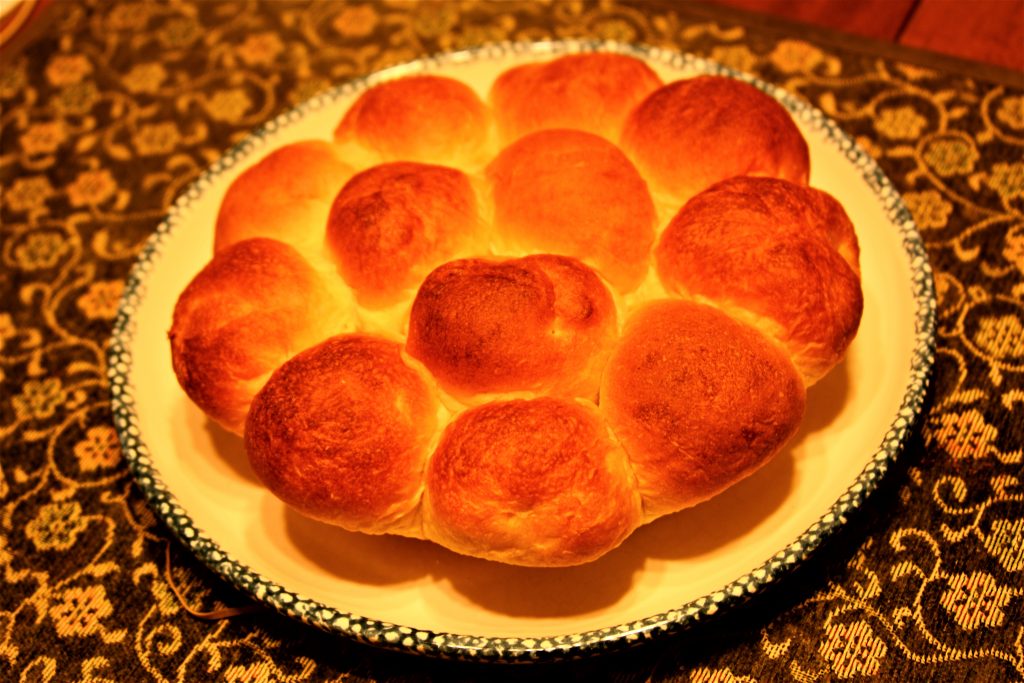
My grandmother had saved 12 cents, pennies or one shilling during the year. My aunt Anya Mzuzghika walked all afternoon to Hoya store and came back in the rain that evening. Whatever she had bought was dry because it had been obviously carefully concealed all through advance contingency planning. I could barely sleep due to anticipation about Christmas and whatever my grandmother was keeping secret.
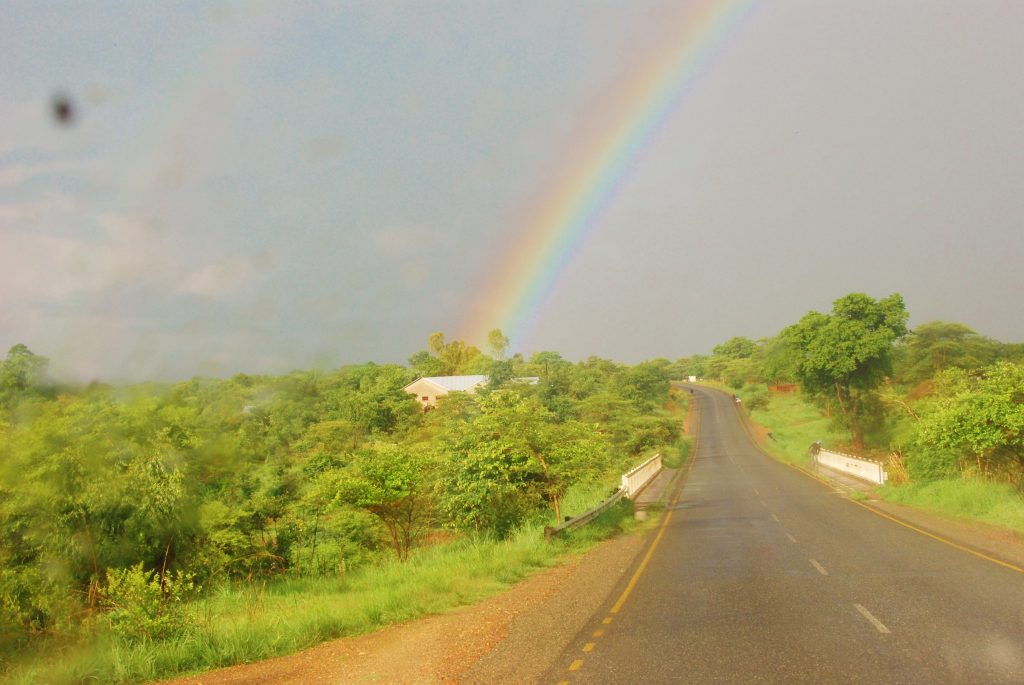
Early the following morning, a large clay pot of water was boiling as the grandkids jostled for position around the open fireplace. From a small brightly colored aluminum foil packet, my aunt sprinkled half of some black dry floating substances never seen before. She then poured a whole three cents, pennies, or tickey worth packet of sugar into the pot. She stirred it. The children sat near the pot as adults – uncles, aunts, older cousins – sat a little distance waiting and making a running commentary among themselves on how excited we kids were.
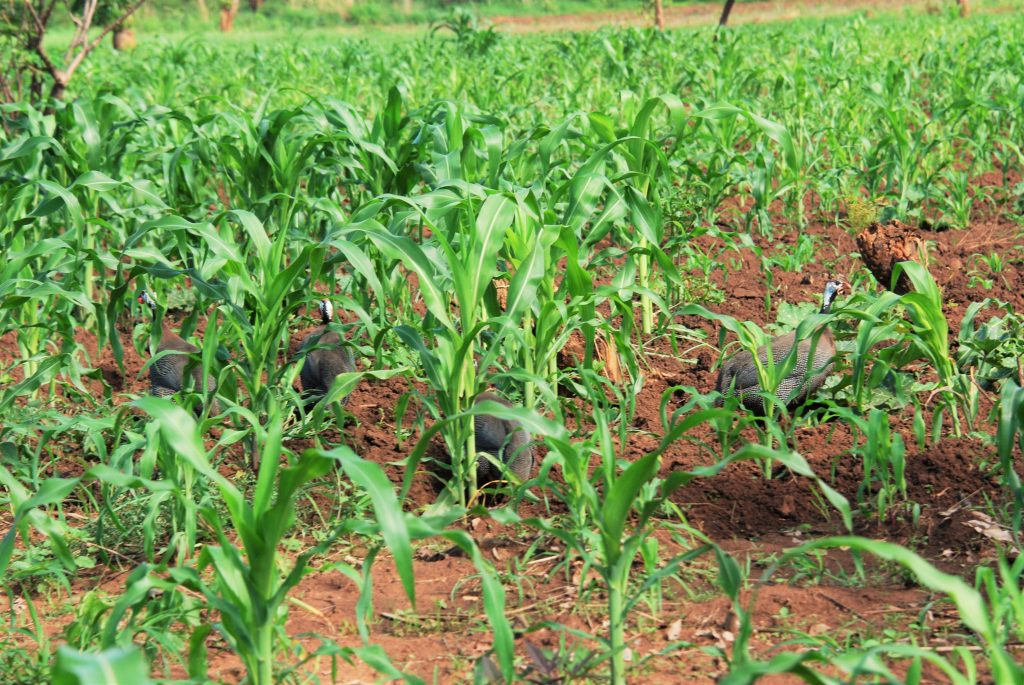
My grandmother handed each a small rusty metal cup. Adults and larger metal mugs. She carefully and slowly poured a little bit of the dark steaming liquid into the cups enough so that the liquid could go around the many cups. My grandmother finally unwrapped pieces of golden brown, white and soft edibles which were known locally as scones; pronounced as sikono. She split each piece among four children while adults split halves.
I proceeded to slowly take a sip of the sweet dark liquid followed by a small deliberate bite of the sikono. The whole experience was known as drinking tea with a small piece of a bun and it sent all us kids bananas with profound sheer joy, pleasure, and bragado. As kids this experience could not simply be bottled away.
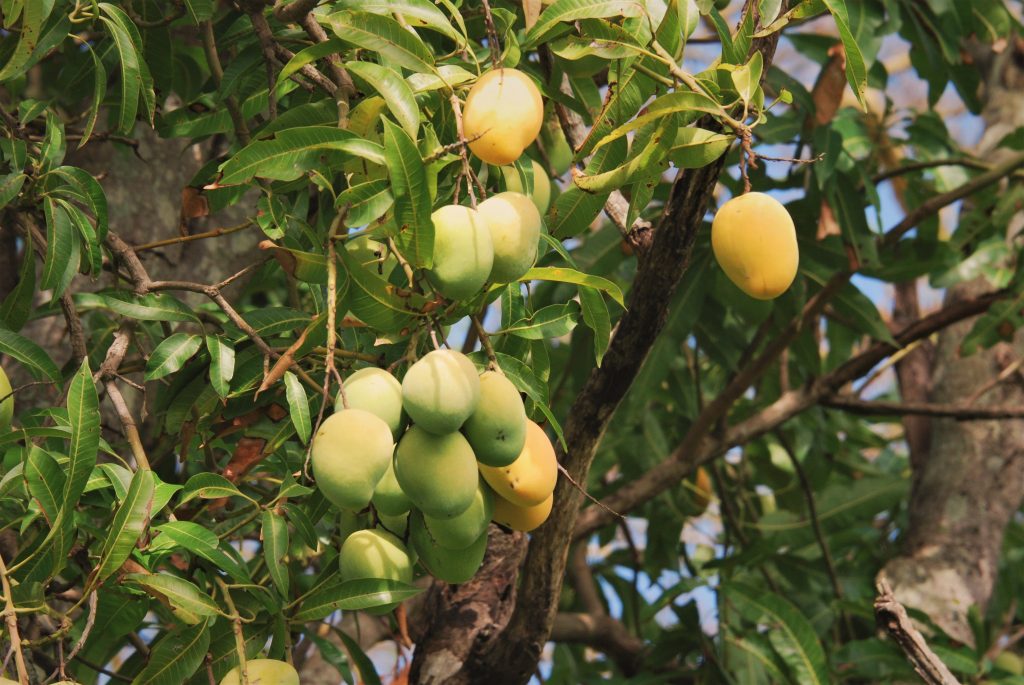
Soon after most of this exhilarating event was over, I clutched by now a rather small piece of bun I had saved in my hand and ran outside the house to brag to other admiring friends in the village. “Tamwa tiyi na sikono!!!” (We drank tea and ate scones for Christmas!) I and my cousin Jemusi (James) yelled at the top of our lungs as we pranced around. The other kids in the village begged for a piece of the Christmas. I gave each of them a smitten of the bun. Just enough to wet their mouths. But the kids were thrilled all the same.
That was my happiest Christmas ever. Later that morning we went to church and in the afternoon watched traditional dances.
Christmas in Rural Zambia
When European colonialists introduced Christmas through the Christin religion among Zambians in the 1880s, it was portrayed with the foundation of European culture; freezing cold, snow themed Christmas Cards, the Christmas Tree, Christmas silver bells ringing, White Santa Clause, and massive exchange of gifts. Zambian Christmas for me has always had memories of cloudy rainy weather with mist in the air. Bright green hills, grass, trees and fresh sweet tasting and smelling mangoes of Chipata. Christmas has always meant special foods with many members of the family. People showing up at our house early on Christmas with abundant joy screaming: “Hapi Kisimisi!!!!”. My mother would give the person usually a bun. The person would perform an impromptu happy jig that made mother and all of us laugh. It was always such a glorious day.
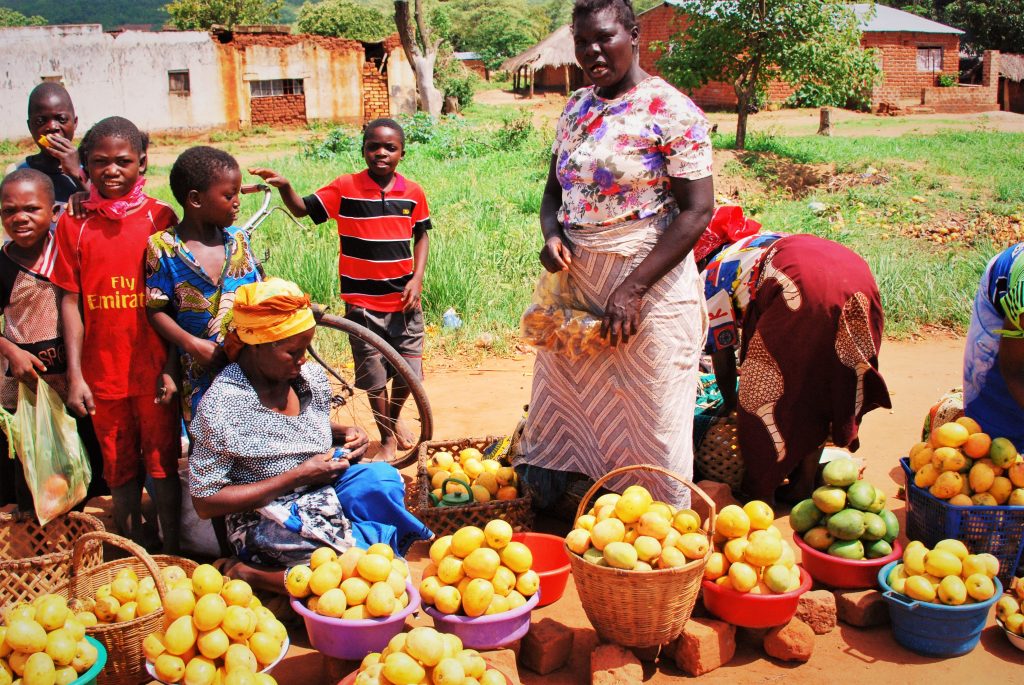
Moving later to the City of Lusaka, Christmas had the same rainy misty weather. The shops along Cairo Road were packed between Mwaiseni Stores, ZCBZ, OK Zambia, Kingstones Bookstore and City Radio. Everyone was in a jovial mood in Lusaka as Radio Zambia both the Home Service and General Service channels repeatedly belted all day the song “Izintombi Zamageza” from South Africa;“Happy Christmas”.
Tell your mother
Happy Christmas (Happy)
Tell your father
Happy Christmas (Happy)
Tell you mother
Happy New Year
Tell your father
Happy New Year
Happy! Happy!
Happy! Happy!
Happ-y!!!!!!!!!!!
The “Happy Christmas” song ought to be part of Zambia’s Chrisman Carol or anthem because it has been around since the 1960s.
Christmas in the City
Lusaka in the 1960s did not have walls around houses. On Christmas eve night you could walk around homes in Northmead, Rhodes Park, Olympia Park, and Kabulonga, you could see which houses were holding parties. There would be some cars in front and their front doors were open with all the red, green and yellow lights blinking in the house and music blaring. People were dancing. Food and drinks were flowing freely. My classmate friend Vin and I as poor students from University of Zambia could walk into any of the homes and you were welcome to the family Christmas eve Party.
Zambian Christmas Carol.
Christmas in Zambia reflects the beginning of the rainy season and hope for a better harvest for rural people. It is a time of misty rain, bright green grass, trees, hills and rainbows. It is a time for all family members including the extended family to gather together to celebrate and share, music, dance, laughter and delicious food. All members of the family from the oldest and youngest dance during the Christmas Eve party. There could be a missing member of the family who passed away during the year and there might be young new members born. Whether you faced tremendous misfortune and tragedy during the year Christmas day is not the day to dwell on such earthly matters. After having too much to drink, some will be involved with altercations that will land them with the village Headman or police arrest. Christmas is a day to enjoy the comfort of grace from God, joy, good food, and conviviality with family and friends.